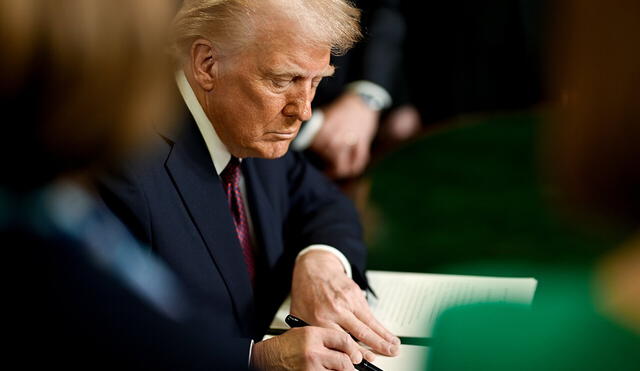Trump’s new tariff policies on U.S. inflation and the automotive market — Are more than everybody expected?
The recent surge in U.S. inflation, driven by Trump’s new tariff policies, is raising concerns across industries, particularly in the automotive and tech sectors, due to rising production costs and consumer prices.

The latest U.S. inflation report has raised concerns among economists and citizens alike. According to data from the Bureau of Labor Statistics, the Consumer Price Index (CPI) rose by 0.5% in January, marking a 3% increase over the past 12 months. Particularly alarming is the core inflation rate, which excludes food and energy and recorded a 3.3% year-over-year rise, exceeding initial projections.
This inflationary surge is largely attributed to the recent tariff policies implemented by the Trump administration. In January, a general 10% tariff was imposed on Chinese imports, with a 100% tariff on electric vehicles. Additionally, steel and aluminium taxes were raised by 25%. These measures have driven up production costs for businesses reliant on imported materials, affecting various industries and consumers.
Automotive industry and other sectors in crisis
The automotive industry has been one of the hardest hit by the new tariffs. The rising costs of steel and aluminium have increased production expenses, forcing manufacturers like General Motors to reconsider their pricing and production strategies. These cost hikes may be passed on to consumers, making vehicles more expensive in the domestic market.
Electronics and communication products, such as computers and smartphones, are also facing price increases due to the new tariffs. Tech companies that depend on imported components are being forced to adjust their pricing, impacting both retailers and consumers. In response to inflation concerns, President Trump has blamed the previous administration and urged the Federal Reserve to lower interest rates. However, the Fed has maintained high interest rates to curb inflation, sparking debate over the most effective economic policies to address these challenges.

Trump's tariffs: here's what they mean for Tesla and the auto industry. Photo: Teslarati.
Reactions and economic outlook
Economic experts warn of the potential long-term consequences of these tariff policies. Benn Steil, director of international economics at the Council on Foreign Relations, highlights that American consumers will face higher prices, while businesses affected by rising material costs may struggle with competitiveness and job losses. Furthermore, there's a risk of retaliatory tariffs from other countries, escalating global trade tensions.
The Trump administration’s recent tariff policies have had a significant impact on the U.S. economy, contributing to rising inflation and affecting key industries such as automotive and technology. Monitoring these trends closely and evaluating necessary measures to mitigate their effects on economic stability will be crucial.












